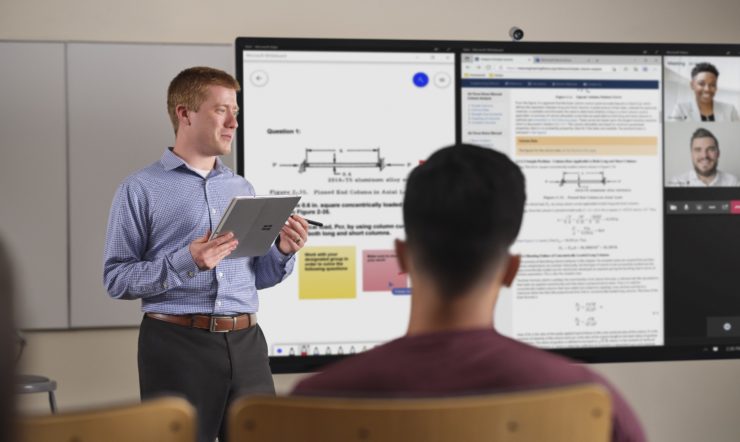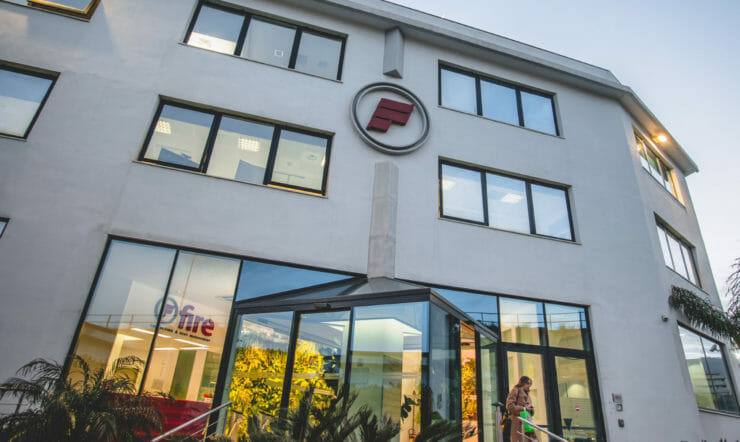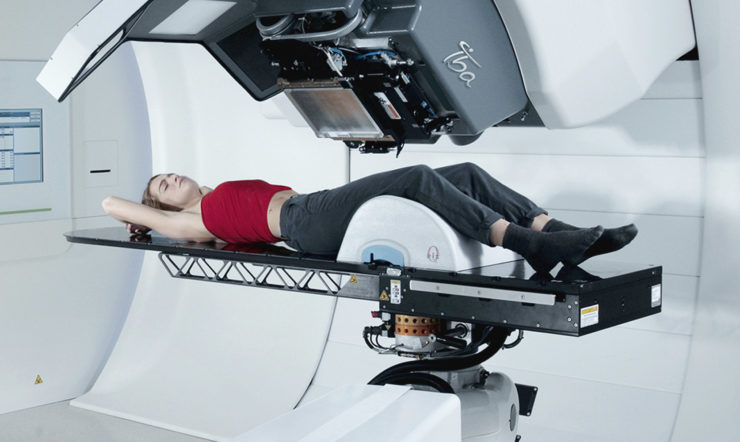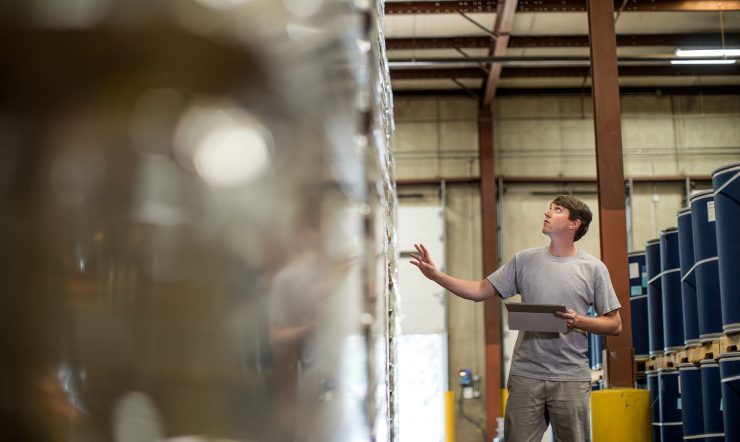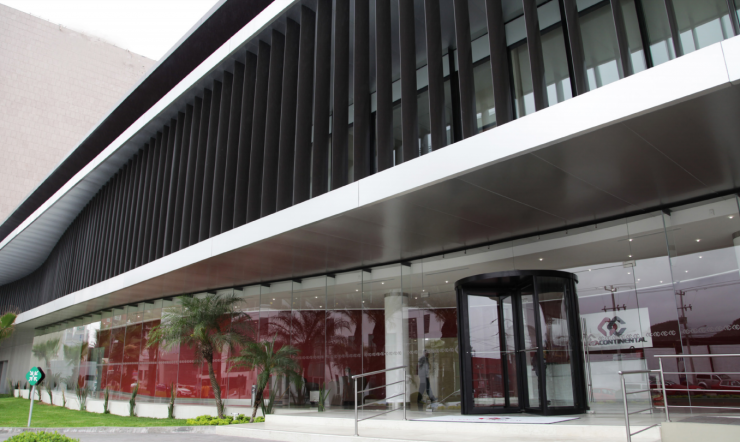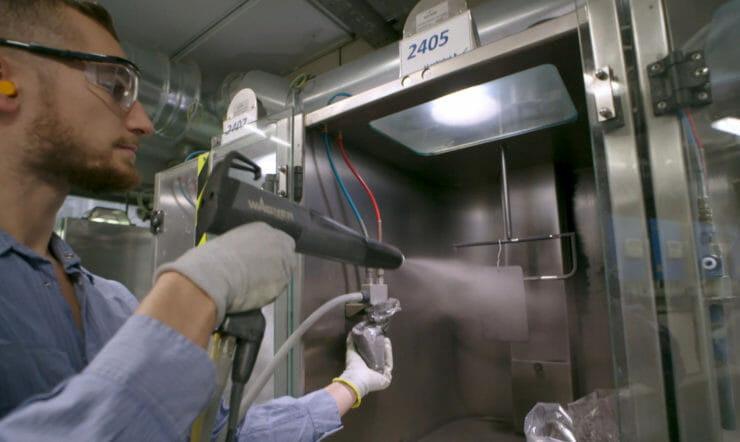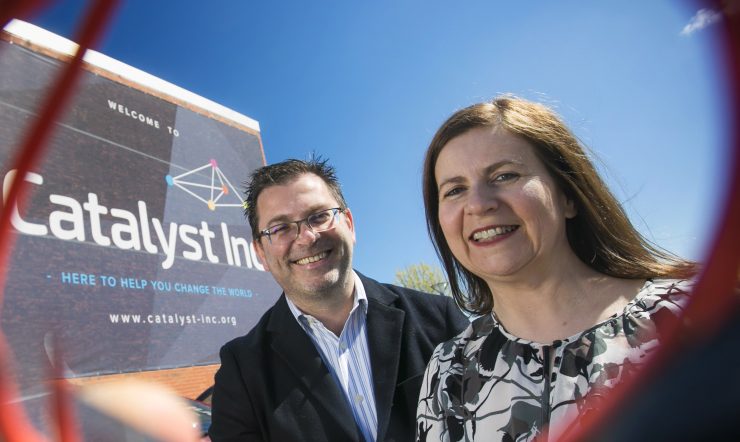“When assessing the potential effects of major digital transformation projects on our business, we always think about three key constituents: colleagues, retailers, and consumers.”
So says Paul Baguley, IT PMO for Musgrave Retail – Ireland’s leading food retail, wholesale and food service company. Together with its retail partners, who operate under leading brands including SuperValu and Centra, the business supports more than 41,000 jobs in more than 1,400 stores and offices, with combined sales of €5.2 billion per year.
Over the last two years, Musgrave has advanced its relationship with Microsoft. Where it was once merely a key supplier among several, Microsoft is now more like a partner – helping to shape Musgrave’s strategy to future-proof its business with cloud-based technology.
Before 2020, this digital transformation process had delivered an array of benefits to Musgrave’s consumers, retailers and colleagues. Yet, in the same way that nobody at Musgrave could have predicted the COVID-19 outbreak – they didn’t fully realise how beneficial their digital transformation would prove to be.
“We’d been working with Microsoft quite actively over the last 2 years to invest in, and prepare for a new way of working,” says Baguley.
“It meant we were able to manage our way through COVID-19 a lot more positively than if we hadn’t.”
Empowering colleagues to work anywhere
By deepening their partnership with Microsoft in the run-up to 2020, Musgrave had successfully rolled-out Microsoft 365 and Microsoft Teams across their business.
As a result, the company was well positioned to ask its 1500 office-based staff to work from home when the Covid-19 crisis began. They were able to do so almost overnight, and a whole two weeks before the Irish government put restrictions in place.
“We made the decision to ask those who could work from home to do so early in the developing crisis, so that we could protect our supply chain and the staff who were needed on-site to maintain supplies to our retailers,” said Neil Collins, Head of End-User Computing, Musgrave Retail.
“The vast majority of colleagues were already equipped to work from home,” he adds. “So we were in a really good place from a technical point of view.”
The company had never experienced a situation where all staff were working remotely at the same time. But the Microsoft apps scaled up to meet this extra demand with minimal disruption.
“We went from 1,000 or so interactions on Microsoft Teams per day, to up to 12,000, day-in, day-out, every day,”
says Collins. “And we’re using collaboration tools for things like project kick-offs and design studios now — things we never even thought of doing remotely before.”
Communicating with retailers more effectively
Musgrave has over 1,000 retail partners across the island of Ireland. It is a complex arrangement, with some stores owned and operated by Musgrave, and others independently run. So, having a communications hub that ensures the right information and messaging reaches the right people at the right time is critical.
That’s why the company partnered with Microsoft to create its new ‘Harmony’ platform. Built on SharePoint, the platform has proven to be a game changer.
“Using Microsoft technology meant we could rapidly and cheaply build a communications platform that meets our exact needs under unusual circumstances.” says Mike Kiely, Head of Retail IT at Musgrave Retail.
Initially deployed across the Centra and SuperValu brands in the Republic of Ireland (ROI), Harmony allows Musgrave to share rich media and contextual information – such as operating procedures and supply chain updates – across its network in real time. And staff get secure and fast access on any device in-store – personal or enterprise.
“The retailers have been really positive about the ability of our new communication platform to allow them to consume and process all this information,” Kiely adds.
The fact that Musgrave can structure the content, means in-store staff can identify and consume the non-critical information that’s most relevant to them – while head office can prioritise critical communications whenever necessary. The platform also allows Musgrave to deliver real-time data, such as delivery updates, with specific stores at specific times.
So perhaps it’s unsurprising that the Harmony platform has proven invaluable over recent months.
“Since the outbreak of COVID-19, there has been a rapidly changing situation with new information and new direction given to our retailers on a twice-a-day basis,” Kiely explains.
Without the new platform, Musgrave would have found it difficult to keep its 700 ROI stores functioning, while also protecting the safety and wellbeing of both staff and customers.

Driving business with data
In addition to the Harmony platform, the shift to the cloud has allowed Musgrave to begin using data and AI in new ways.
“We have a vastly expanding and evolving data lake through the Azure platform,” explains Don Lynch, Head of Platform an Engineering at Musgrave Retail. “We now have the ability to rapidly make new insights and build management and operational tools using Power BI.”
Lynch continues: “Supply chain is a good example. It became apparent that a number of supply chains would come under stress in the early days of COVID-19. And many retailers began ordering several times what they needed on the basis they might get less than what they asked for.”
For that reason, Lynch’s team turned to their data in Azure. They analysed purchasing behaviour across Musgrave’s stores in ROI to understand actual demand and fairly apportion products on that basis.
The Musgrave supply chain proved remarkably resilient, coping with the equivalent volume of 11 Christmas weeks in a row.
There are even more exciting possibilities, too. Most retailers carry out ‘end-of-night reconciliation’ – where they assess what they’ve sold in the last 24 hours.
“But in future, Musgrave plan to use Azure to shift to ‘real-time reconciliation’ – where they can see potential pinch points with products, spikes in demand, or delays in supply and be proactive in fixing them.”
Lynch’s team also intend to use AI for demand forecasting. With some of the tools that are readily available in Azure, they’ll be able to model consumer behaviour and pre-emptively stock their shelves with precision.
Keeping stores stocked-up
As well as its ‘bricks and mortar’ presence, Musgrave does plenty of business through its online stores, like supervalu.ie.
Shifting these to Azure and other cloud platforms has added extra elasticity, meaning they’re more able to cope with unexpected peaks and troughs in demand.
This became apparent after the first major government announcement outlining the new lockdown rules in Ireland.
“That’s when the company began seeing huge spikes in online orders.” says Baguley.
However, Musgrave was able to respond to these demands quickly and dynamically – scaling up its platform to handle the extra demand in areas like online orders, and dialling down other areas like testing and development.
By taking a cloud-first approach with Microsoft, Musgrave was able to maintain essential consumer services and keep the best possible stock levels across its stores during a challenging trading period.
“What we’re trying to do there, is identify brand new patterns of purchasing behaviour, compare them to brand new patterns of supply chain availability, and optimise the throughput on that”
A future-proofed business
Baguley and the team at Musgrave IT remain philosophical about the impact of COVID-19 on Musgrave.
“As exceptional as this COVID-19 situation has been, unforeseen events happen all the time,” he says. “We just had 150 of them all at once during COVID, rather than 10 or 50 a week.
“In fact, in some ways the demands of operating during COVID-19 has allowed us to speed up our digital transformation plans and drive positive adoption from our colleagues and retailers,” adds Baguley.
As is so often the case with digital transformation, the immediate advantages are merely the first step in a journey. New capabilities lead on to new opportunities, which lead to new capabilities, and so on. Or, as Baguley puts it:
“Even now, there are lots of opportunities that aren’t COVID-19-related that we’re realising. Our new way of working is a lot more efficient, a lot safer – a lot more secure.”












